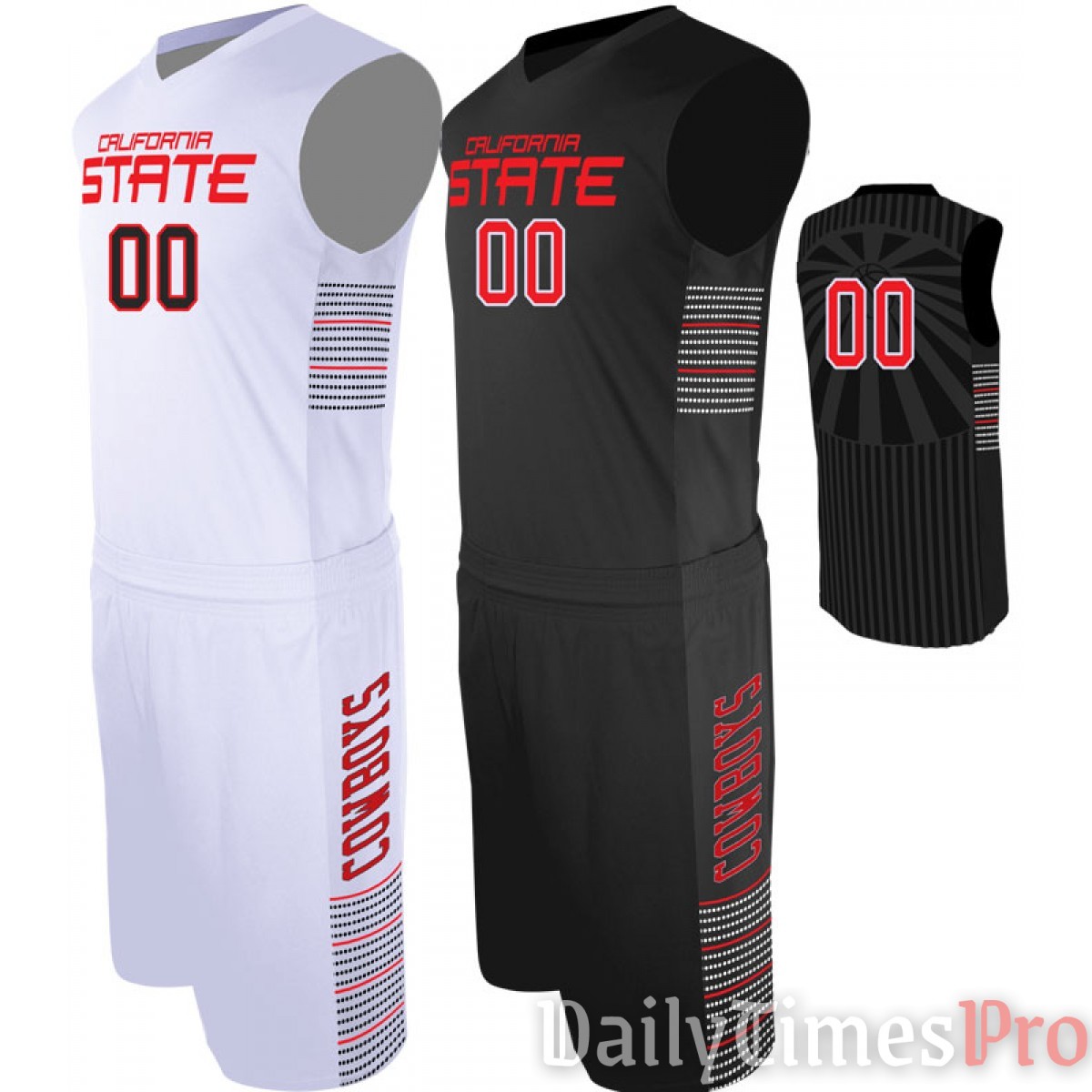What Are Alloy Wheels Milton Keynes and What Are Their Benefits
1. What Are Alloy Wheels Milton Keynes and What Are Their Benefits?
Alloy Wheels Milton Keynes is a type of automobile wheel that is made from an alloy of aluminium and magnesium. They are typically lighter and stronger than steel wheels and are therefore more desirable for performance and luxury vehicles.
The benefits of alloy wheels are many. They are lighter than steel wheels, so they reduce the unsprung weight of the car, which improves the ride and handling. They also dissipate heat better than steel wheels, so they can brake cooler and last longer. They are also corrosion-resistant, so they stay looking good longer.
2. How to Choose the Right Alloy Wheels Milton Keynes for Your Car
Choosing the right alloy wheels for your car can be a daunting task. With so many different types and sizes of alloy wheels available, it can be hard to know which ones are right for your car. This guide will help you choose the right alloy wheels for your vehicle.
The first step is to decide what type of alloy wheels you want. There are three main types of alloy wheels: standard, performance, and luxury. Standard alloy wheels are the most common type and are suitable for most vehicles. Performance alloy wheels are designed for high-performance cars and offer better handling and braking than standard alloy wheels. Luxury alloy wheels are the most expensive type and are designed for luxury cars. They offer a high level of styling and performance.
The next step is to decide on the size of the alloy wheels. The size of the alloy wheels depends on the size of the tyre on your car.
3. The Different Types of Alloy Wheels Available in Milton Keynes
There are a few different types of alloy wheels available on the market. The three most common types are cast, forged, and billet.
Cast alloy wheels are the most common type. They are made from a mould and are the cheapest type of alloy wheel. They are not as strong as forged or billet alloy wheels and are not as lightweight.
Forged alloy wheels are made from a single piece of metal. They are stronger than cast alloy wheels but are also more expensive.
Billet alloy wheels are made from a solid block of metal. They are the strongest type of alloy wheel but are also the most expensive.
4. How to Change Alloy Wheels Milton Keynes
If you are looking to change your alloy wheels, there are a few things you need to take into account. The first thing you need to do is find out the size of the alloy wheel that you need. This can be done by measuring the diameter of the wheel and the width of the wheel. You can then use this information to find the right size alloy wheel for your car.
The next thing you need to do is find a wheel that is the same size as your current wheel. You can then use this wheel as a template to help you mark out the new wheel. Once you have marked out the new wheel, you can then use a saw to cut out the new wheel.
Once you have cut out the new wheel, you need to drill the holes for the bolts. You can then use a wheel spacer to make sure that the wheel is in the correct position.
5. The Different Types of Tyres Available in Milton Keynes.
1. Racing Tyres
When it comes to racing tyres, there is a lot of debate about what the best option is. Some people swear by slick tyres, while others prefer to use a more traditional treaded tyre. So, what’s the best option for you?
Slick tyres are designed for high-performance cars, and they offer the best grip on the track. They are made from a single layer of rubber, with no treads, and this allows them to move around more easily on the track. This makes them perfect for racing, as they provide more grip and quicker acceleration. However, they are not suitable for normal road use, as they can be dangerous on wet surfaces.
Treaded tyres are more common, and they are designed for use on normal roads. They have a tread pattern that helps to expel water from the surface of the tyre, which makes them safer to use in wet conditions.
2. Performance Tyres
Performance tyres are made with a softer rubber compound than standard tyres, which gives them more grip. They also have a deeper tread pattern, which helps to channel water away from the tyre surface, preventing it from skidding on wet surfaces.
If you’re looking for tyres that offer superior grip and handling, then you should consider investing in a set of performance tyres.
3. All-weather Tyres
All-weather tyres are a good choice for drivers who live in a region where the weather can change quickly, or for drivers who do a lot of winter driving. They can also help to improve fuel economy, as they are better at gripping the road than regular tyres.
If you are thinking about buying all-weather tyres, it is important to consider the climate where you live and the types of roads you drive on. All-weather tyres are not recommended for use in very hot climates, as they can overheat and damage the tyre.
4. Winter Tyres
Most winter tyres are made from a type of rubber that is specifically designed to work in cold temperatures. This rubber is more resistant to cracking and disintegrating in cold weather. It also has a higher melting point, which means that it will not get as soft as standard rubber when it is exposed to heat. This makes winter tyres less likely to skid or slide when they are used in cold weather.
The tread pattern on a winter tyre is also designed to work well in snowy and icy conditions. The tread is deeper and has more grooves than a standard tyre. This helps to channel the snow and ice away from the tyre, which prevents the tyre from slipping.
5. Summer Tyres
Summer tyres are made of a softer rubber than winter tyres, which makes them more flexible. This flexibility allows them to grip the road better when it is hot and dry. Summer tyres also have wider treads than winter tyres, which helps them to disperse water more effectively.
Summer Tyres Milton Keynes are not as effective as winter tyres when the road is wet or icy. They are also not as good at gripping snow, so they are not recommended for use in areas where there is a lot of snow.




